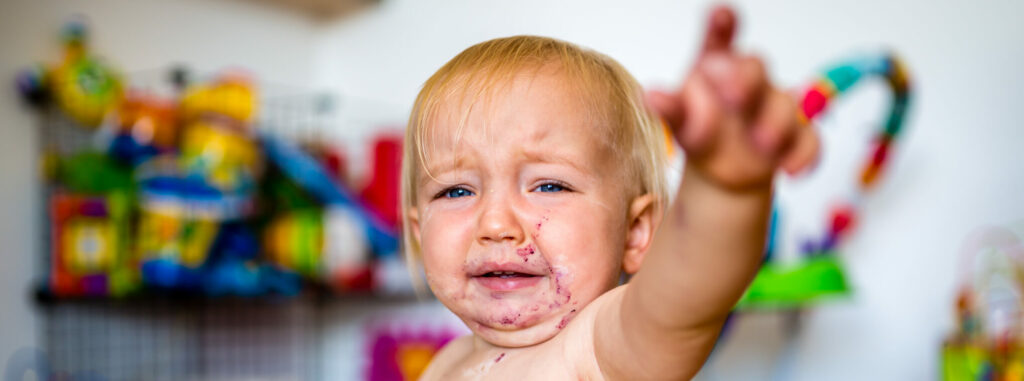Your baby’s poo will change over time. The below is a useful guide to what to look for at different stages.
After Birth:
For the first day or so after birth, your baby’s stools are greenish black in colour and have a smooth, sticky consistency – like tar. This is called meconium. Around day 2-3, this stool soon changes in colour and texture to greeny/brown and is known as a transitional stool.
Breast Feeding:
From day 3-4 (when your milk starts to come in) your baby’s poos will change to orange/yellow in colour with a consistency like pumpkin soup with little white seedy bits in it. Not all babies have the seedy bits but the colour and texture stays fairly much the same. The poos should stay similar to this throughout breast feeding until solids are introduced.
Formula Feeding:
From day 3-4, formula feeding poos range from orange/yellow in colour through to green/brown. They can vary in texture from pumpkin soup like consistency, through to toothpaste in texture. They may also have the white seedy bits seen in breast feeding poos.
Diarrhoea:
If the stools become very loose, runny, and watery in addition to changing in smell and colour, it is likely your baby has an infection, intolerance, or allergy. Stools can become a lot more frequent.
Constipation:
A baby is constipated when the stool becomes harder and is difficult to pass. Formed stools or pebbles indicate constipation. Absence of stools does not mean baby is constipated; the consistency of the stool determines whether baby is constipated. Anything that is firmer than toothpaste is considered constipation.
You might be interested in

A guide to help manage your baby’s constipation

6 common concerns you may have about your baby
Even healthy babies can have feeding and digestion problems. Misunderstanding the signs and treating the symptoms can get in the way of a happy household.
